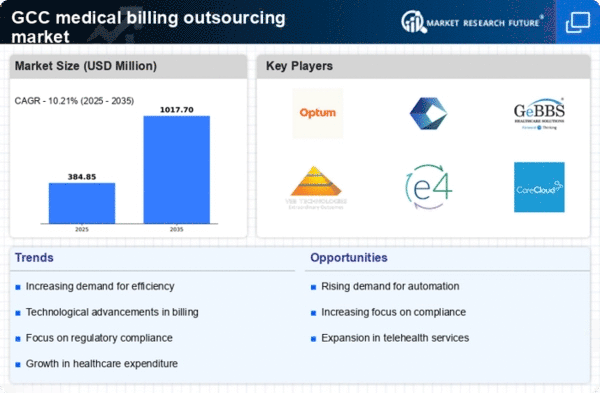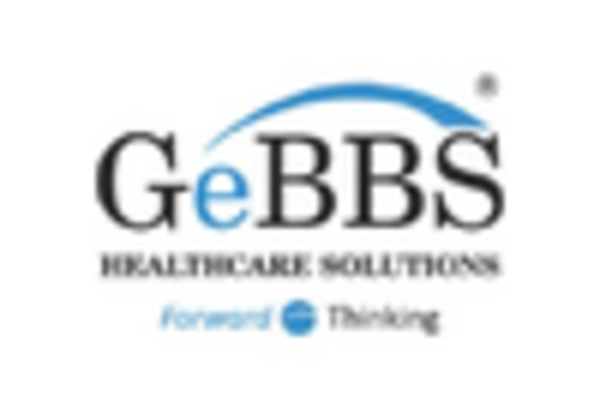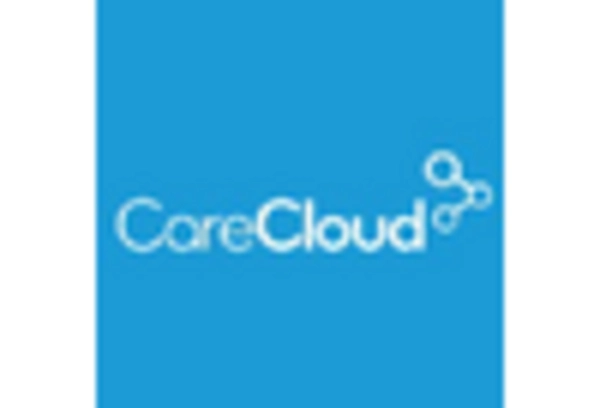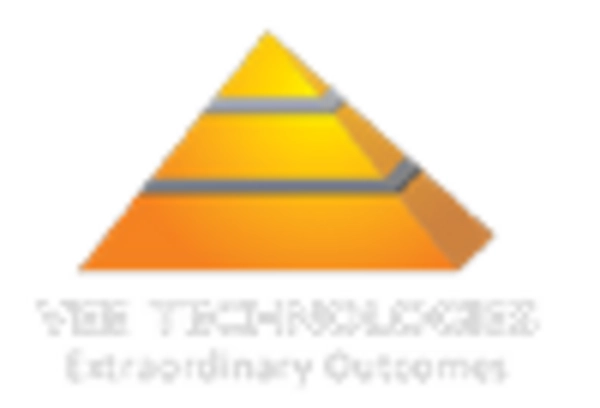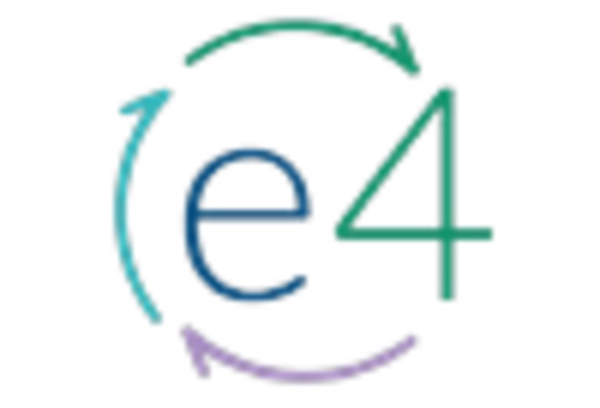Focus on Patient-Centric Care
The shift towards patient-centric care is reshaping the medical billing-outsourcing market. Healthcare providers are increasingly prioritizing patient experience and satisfaction, which necessitates streamlined billing processes. By outsourcing medical billing, providers can allocate more resources to patient care while ensuring that billing is handled efficiently and transparently. This focus on patient-centricity is particularly relevant in the GCC, where healthcare systems are evolving to meet the expectations of a more informed patient population. As a result, the medical billing-outsourcing market is likely to see growth as providers seek to enhance their service delivery and maintain competitive advantage in a rapidly changing healthcare environment.
Integration of Advanced Technologies
The integration of advanced technologies is significantly influencing the medical billing-outsourcing market. Automation, artificial intelligence (AI), and machine learning are being adopted to enhance billing accuracy and efficiency. These technologies facilitate real-time data processing and reduce human errors, which are critical in the billing process. In the GCC, healthcare organizations are increasingly investing in these technologies to optimize their operations. For instance, the implementation of AI in billing processes can potentially reduce billing errors by up to 30%, thereby improving revenue collection rates. As healthcare providers in the region recognize the benefits of these technological advancements, the demand for outsourcing medical billing services is likely to increase, further propelling market growth.
Rising Demand for Healthcare Services
The medical billing-outsourcing market is experiencing a notable surge in demand for healthcare services across the GCC region. This increase is driven by a growing population and a rising prevalence of chronic diseases, which necessitate more comprehensive healthcare solutions. As healthcare providers strive to enhance their service offerings, they are increasingly turning to outsourcing for medical billing. This trend allows them to focus on patient care while ensuring that billing processes are handled efficiently. According to recent data, the healthcare expenditure in the GCC is projected to reach $104 billion by 2025, indicating a robust growth trajectory. Consequently, the medical billing-outsourcing market is poised to benefit from this expanding healthcare landscape, as providers seek to streamline operations and improve revenue cycles.
Regulatory Changes and Compliance Needs
Regulatory changes and compliance requirements are significant drivers of the medical billing-outsourcing market. In the GCC, healthcare regulations are becoming increasingly stringent, necessitating that providers adhere to complex billing standards. Outsourcing medical billing allows healthcare organizations to leverage the expertise of specialized firms that are well-versed in compliance issues. This not only mitigates the risk of penalties but also ensures that billing practices align with the latest regulations. As the regulatory landscape continues to evolve, the demand for outsourcing services is expected to rise, as providers seek to navigate these complexities effectively and maintain operational efficiency.
Cost Management and Financial Sustainability
Cost management is a critical concern for healthcare providers in the GCC, driving the growth of the medical billing-outsourcing market. By outsourcing billing functions, organizations can reduce operational costs associated with maintaining in-house billing departments. This approach allows providers to achieve greater financial sustainability while focusing on core healthcare services. Recent studies indicate that outsourcing can lead to cost savings of up to 25% in billing operations. As healthcare providers face increasing financial pressures, the appeal of outsourcing medical billing services becomes more pronounced, suggesting a robust growth trajectory for the market in the coming years.


